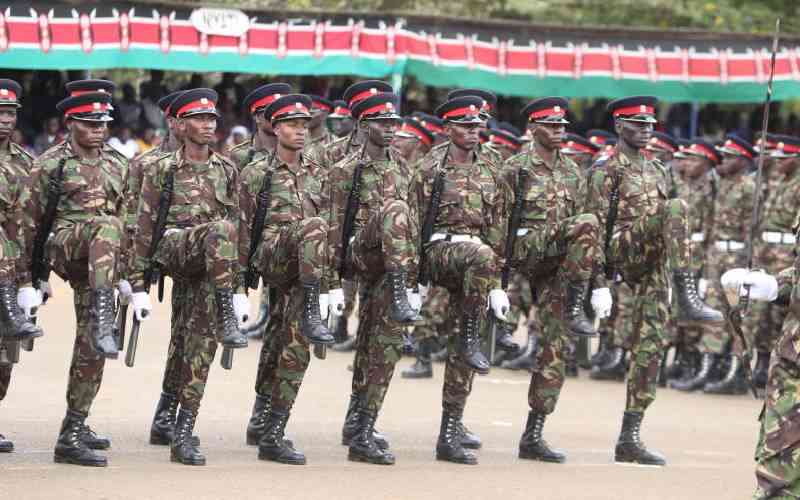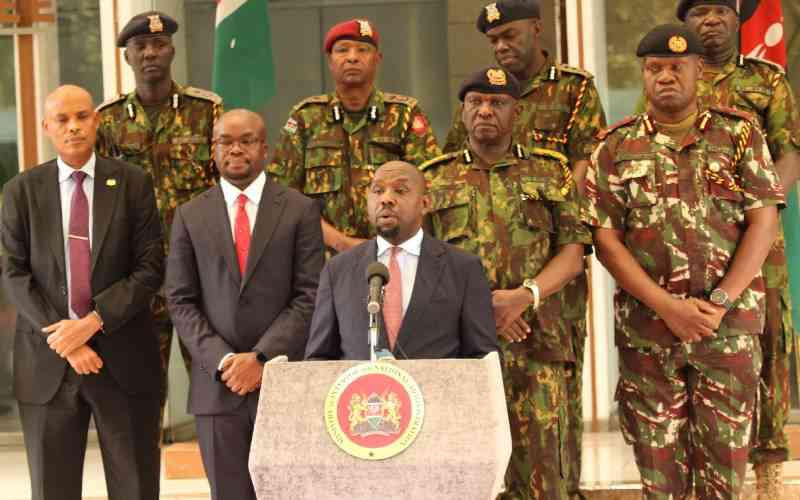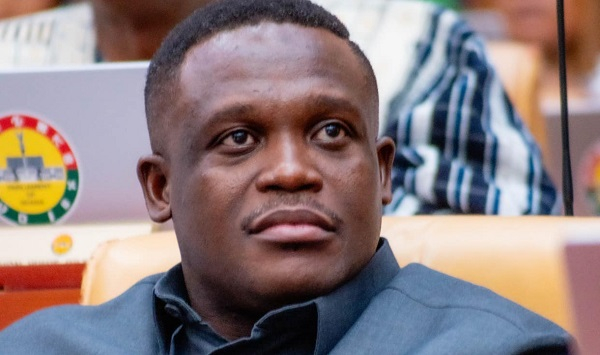Tribunal Dismisses MultiChoice Class Action Suit Over Tariff Hikes

A class action suit filed by Uche Diala and 961 other subscribers of DStv and GOtv against MultiChoice Nigeria and the Federal Competition and Consumer Protection Commission (FCCPC) has been dismissed by the Competition and Consumer Protection Tribunal (CCPT) sitting in Abuja. The tribunal cited a fundamental lack of jurisdiction to entertain the matter. The claimants had sought the tribunal's intervention to reverse recent tariff hikes implemented by MultiChoice in November 2023 and May 2024, arguing that these increases were arbitrary, exploitative, and constituted unfair trade practices.
Furthermore, the suit challenged MultiChoice’s current billing model, demanding the introduction of a more flexible pay-as-you-view system, similar to what is offered in other markets such as South Africa. The claimants also contended that MultiChoice’s pricing structure discriminated against Nigerian consumers compared to their counterparts in other regions. In response, MultiChoice, through its legal counsel, filed a preliminary objection, asserting that the pricing of its services does not fall under the tribunal’s remit. MultiChoice also argued that the claimants failed to seek the tribunal's leave before instituting a class action in a representative capacity.
In its ruling, a three-man panel led by Thomas Okosu, after careful consideration of the jurisdictional arguments, held that the reliefs sought by the claimants primarily bordered on price regulation. The tribunal unequivocally stated that "The issue of price regulation is a matter that falls within the exclusive purview of the President of the Federal Republic of Nigeria, as stipulated in existing legislation." This position aligned with MultiChoice’s argument that the core issues raised by the claimants amounted to a request to regulate the pricing of products and services, a responsibility that falls solely under the Price Control Act and is thus within the executive arm of government’s authority.
While acknowledging that the FCCPC Act grants the tribunal both original and appellate jurisdiction, the panel clarified that such jurisdiction does not extend to general price control unless it pertains to an established case of abuse of dominance – a point which was not substantiated by the claimants in this particular suit. Regarding the procedural question of whether Diala needed to obtain leave before filing a representative action, the tribunal determined that while it is considered good practice, the failure to do so in this instance was not fatal to the suit, given that a common interest and grievance were clearly established among the claimants.
Nevertheless, the tribunal ultimately concluded that it could not proceed to hear the substantive matter due to its lack of legal authority to determine issues of price regulation. Consequently, the panel ruled that "The preliminary objection of the first defendant succeeds," and the "suit is accordingly struck out for want of jurisdiction." This decision echoes a similar outcome from May 8, when a federal high court in Abuja also upheld the hike in DStv and GOtv subscription rates following a separate suit filed by MultiChoice Nigeria Limited against the FCCPC, where Justice James Omotoso affirmed that the FCCPC had no right to fix or suspend prices.











